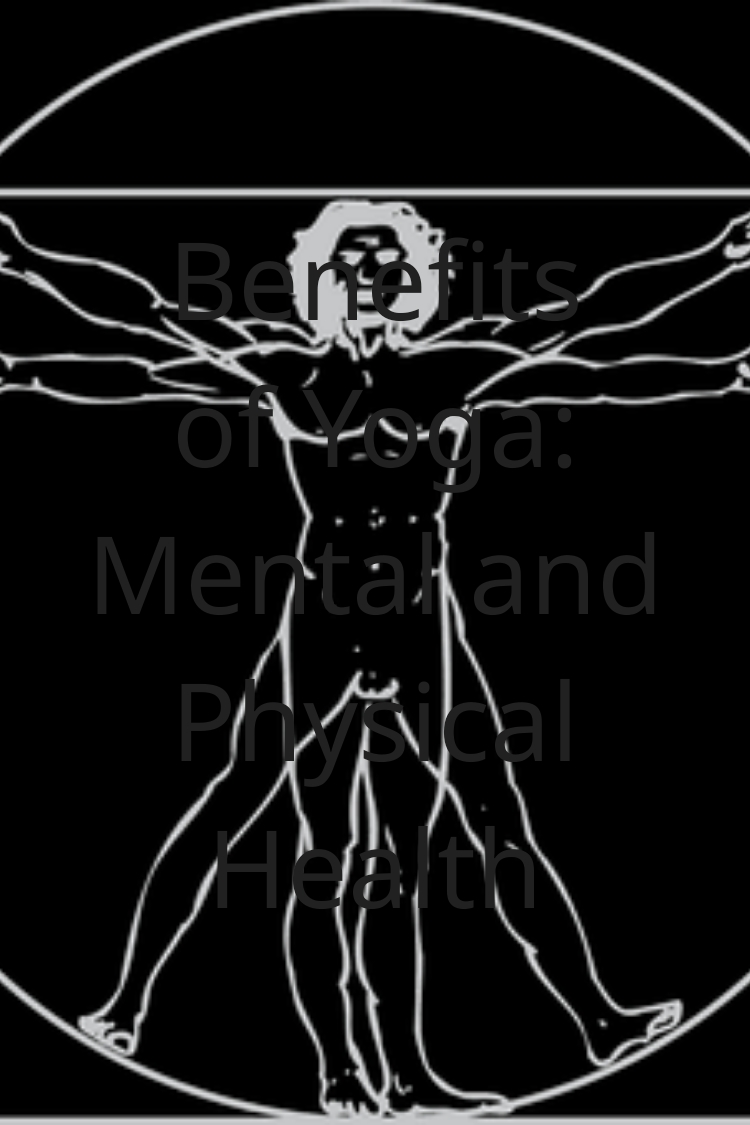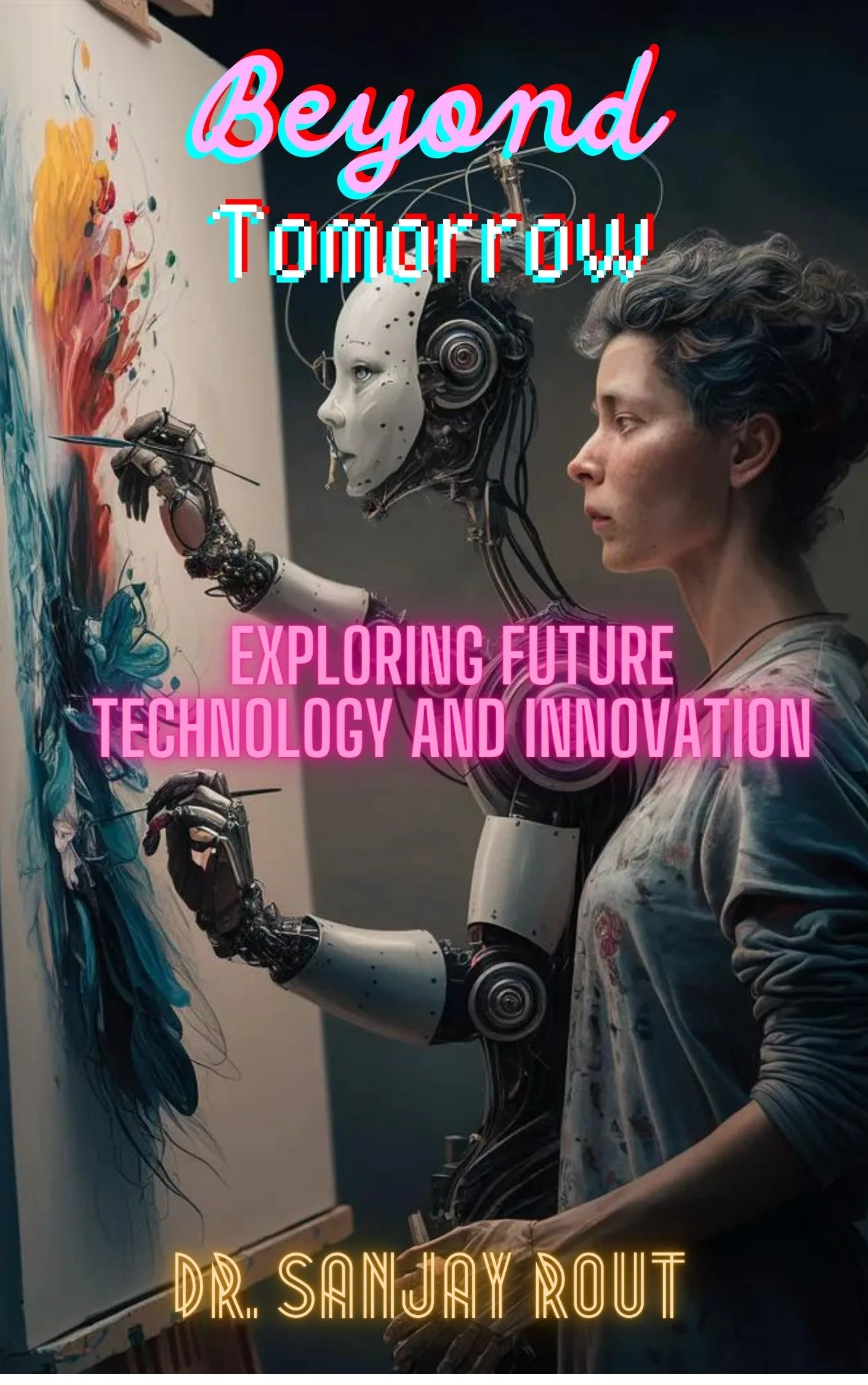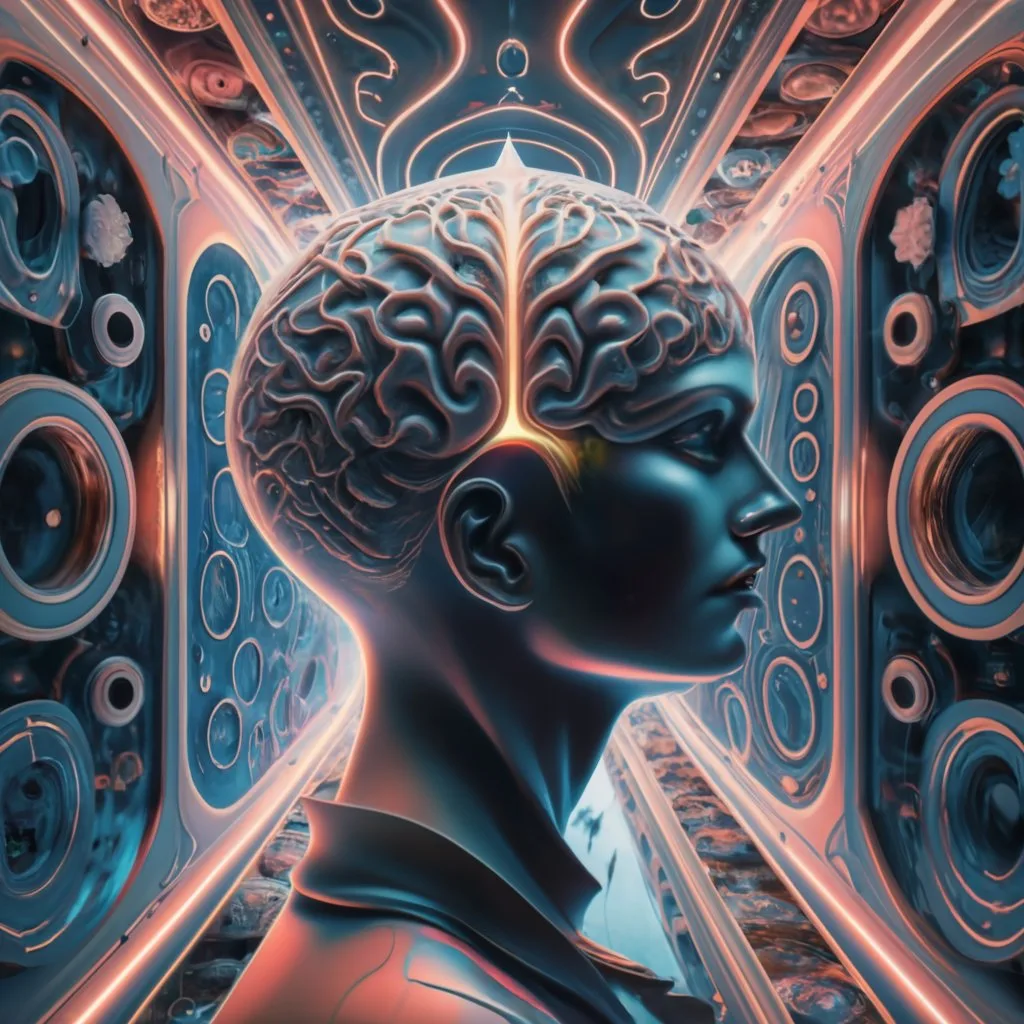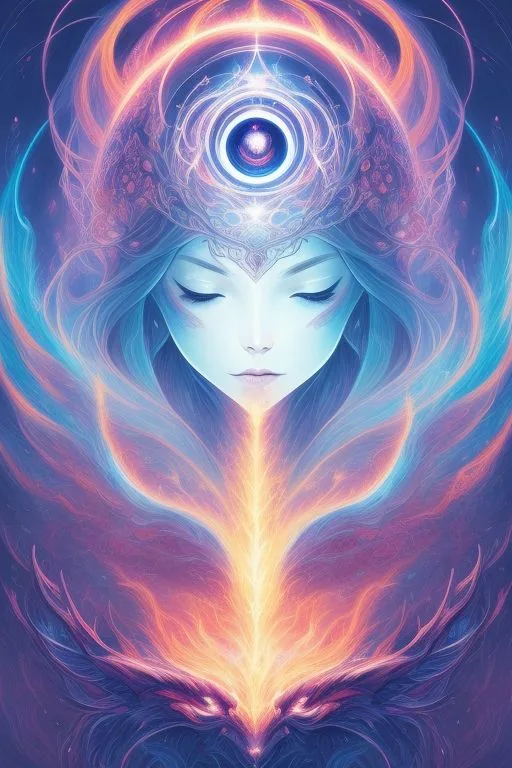It appears that Indians, both young and old, achievers and non-achievers, professionals and freelancers, have succumbed to a disconcerting proclivity for showering unabashed adoration upon their Western counterparts. Even in the face of inferior offerings, these Indians seem to accord an exaggerated importance to the pronouncements and discourses emanating from Western sources. This predicament, my friends, is a serious problem that demands our attention.
INTRODUCTION
Indians undervaluing ideas from their own country and according disproportionate importance to Western influences is a matter that warrants our attention and reflection. It is disheartening to observe how Indians, irrespective of their age, achievements, or professional backgrounds, tend to overlook the contributions and insights coming from their fellow Indians. Instead, they often exhibit an inclination to place Western perspectives on a pedestal, even when those ideas may be lacking in substance or value. This tendency undermines the recognition and appreciation of our own cultural heritage and intellectual wealth.
Significance: Recognizing the importance of this issue is paramount. By undervaluing ideas from within our own country, we inadvertently undermine our own potential for growth and progress. Valuable contributions that could arise from Indian thinkers, innovators, and visionaries are often overshadowed or dismissed in favor of Western counterparts. This not only hampers our ability to develop and showcase our own unique strengths and perspectives but also perpetuates a sense of inferiority and dependence on external validation.
Moreover, when we prioritize Western influences over our own, we inadvertently perpetuate a narrative that suggests Western ideas are inherently superior. This creates a ripple effect, affecting various aspects of our society, from education to media, and even our decision-making processes. It erodes the confidence and self-esteem of our people, while hindering the development of a robust and diverse intellectual landscape that draws from our rich cultural heritage.
Therefore, it is imperative that we confront this issue head-on and foster a more balanced approach to embracing and valuing ideas from within our own country. By doing so, we can reclaim our cultural identity, harness our indigenous knowledge, and contribute meaningfully to the global discourse.
ORIGINS
Historical Context: To understand the origins of this issue, we must acknowledge India’s colonial past. For centuries, India endured the rule of various Western powers, leading to the imposition of Western culture, education systems, and values. This prolonged subjugation left a deep imprint on the collective psyche of the Indian people, creating a subconscious reverence for Western ideas. The remnants of colonialism continue to influence our perceptions, subtly reinforcing the notion that Western perspectives are inherently superior and more worthy of attention.
Social Factors: The social landscape also plays a crucial role in shaping this bias. Media, in particular, wields immense influence in shaping public opinion and attitudes. Western media, with its extensive reach through movies, television shows, and literature, consistently portrays Western culture as glamorous, successful, and progressive. The glossy portrayal of the Western lifestyle, achievements, and values seeps into the consciousness of Indian society, perpetuating the belief that Western ideas are inherently more valuable and desirable. This social conditioning fosters a sense of awe and admiration towards Western influences.
Economic Disparities: Economic disparities between Western nations and India have further contributed to the bias towards Western ideas. Western countries, with their long-standing economic advancements, are often associated with knowledge, expertise, and prosperity. The perception that Westerners possess greater wisdom and success has led to a subconscious inclination to prioritize their ideas. The belief that Western perspectives are more likely to lead to economic prosperity and progress has perpetuated the preference for Western influences in decision-making processes.
The interplay of these historical, social, and economic factors has created a climate where Indian ideas and perspectives are undervalued, while Western influences are given undue importance. The legacy of colonialism, coupled with the media’s portrayal of Western culture and the association of Western ideas with economic prosperity, has solidified this bias within the Indian mindset.
Understanding these origins is essential in addressing the issue effectively. By recognizing the historical and socio-economic forces at play, we can work towards breaking free from the chains of subconscious reverence for Western ideas.
CAUSES
Economic Disparities and Perceived Expertise: One significant cause is the economic disparity between Western nations and India. Western countries, with their advanced economies and technological advancements, are often seen as the epitome of progress and success. The perception that Westerners possess greater expertise and wisdom in various fields has led to the subconscious belief that their ideas are inherently more valuable. This association between economic prosperity and Western influence has influenced Indian society’s inclination to prioritize Western perspectives over their own.
Colonial Hangover: The lingering effects of India’s colonial past cannot be overlooked. Centuries of colonization by Western powers left a lasting impact on the Indian mindset. The imposition of Western culture, education systems, and values created a subconscious reverence for Western ideas. This historical legacy has contributed to the perception that Western perspectives are inherently superior and worthy of greater attention and admiration.
Media Influence: The media plays a pivotal role in shaping public opinion and influencing societal attitudes. Western media, with its global reach and pervasive influence, consistently portrays Western culture, lifestyles, and achievements in a favorable light. Indian audiences are exposed to a steady stream of Western narratives that emphasize success, progress, and innovation. This constant exposure to Western ideals leads to a sense of awe and admiration, inadvertently devaluing Indian culture and ideas in the process.
Educational System: India’s educational system has also played a role in perpetuating the bias towards Western influences. Traditionally focused on rote learning and memorization, the system often emphasizes the regurgitation of information rather than critical thinking and independent thought. This approach inadvertently reinforces the belief that Western ideas, as propagated through textbooks and curricula, are more progressive and innovative. As a result, Indian students may internalize the notion that their own ideas and cultural heritage are of lesser significance.
Language and Access: Language barriers and limited access to information in regional languages have also contributed to this bias. English, as the dominant language of global communication, has become synonymous with knowledge and expertise. Western ideas are more readily accessible to those who are proficient in English, further perpetuating the notion that Western perspectives are more valuable. This language bias limits the exposure and recognition of Indian ideas within the broader public discourse.
These causes, ranging from economic disparities and the colonial hangover to media influence, educational systems, and language barriers, collectively contribute to the preference for Western ideas over our own indigenous knowledge and cultural heritage. Recognizing these causes is essential in devising strategies to overcome this bias.
TRANSITIONS
Globalization and Access to Information: The advent of globalization has transformed the world into a global village, facilitating the exchange of ideas, knowledge, and culture across borders. While this interconnectedness offers immense opportunities, it has also contributed to the amplification of the bias towards Western influences. Western media and content, easily accessible through various platforms, have gained widespread popularity, capturing the attention of Indian audiences. The overwhelming exposure to Western narratives, often deemed more exciting or aspirational, has inadvertently overshadowed the recognition of our own indigenous ideas and cultural heritage.
Information Age and Digital Connectivity: The information age, characterized by the rapid advancement of technology and digital connectivity, has played a significant role in intensifying the bias. The rise of the internet and social media platforms has expanded the reach and influence of Western ideas, further cementing their prominence in the global discourse. Western perspectives are readily available and easily disseminated, captivating the attention of individuals seeking information and validation. The accessibility of Western content, coupled with the proliferation of English as the dominant language online, has inadvertently marginalized Indian ideas in the digital landscape.
Educational Paradigms and Curriculum: The transition in educational paradigms has also contributed to the amplification of this bias. Traditional education systems in India, which have emphasized rote learning and memorization, have inadvertently perpetuated the belief that Western ideas are more progressive and innovative. The emphasis on regurgitating information rather than cultivating critical thinking and independent thought has hindered the recognition and exploration of Indian ideas within the educational framework. As a result, Indian students may internalize the notion that Western perspectives are more valuable and deserving of attention.
Language Bias and Accessibility: The language bias, primarily in favor of English, has further reinforced the preference for Western influences. English has emerged as the lingua franca of global communication and knowledge dissemination. As a result, Indian ideas expressed in regional languages may face barriers in reaching a wider audience or gaining recognition beyond local communities. The limited accessibility of Indian ideas due to language barriers has inadvertently perpetuated the dominance of Western narratives, creating a skewed perspective that undervalues our own cultural heritage.
These transitions, driven by globalization, the information age, and shifts in educational paradigms, have contributed to the amplification of the bias towards Western influences in India. The overwhelming exposure to Western media, the digital connectivity that facilitates the dissemination of Western ideas, and the language bias that limits access to Indian perspectives have collectively played a role in diminishing the recognition and significance of our own indigenous knowledge and cultural heritage.
Understanding these transitions is crucial in devising effective strategies to address the bias.
POSSIBLE SOLUTIONS
These solutions can foster a more balanced perspective, celebrate indigenous knowledge, and empower Indians to recognize and embrace their own cultural heritage.
-
Promoting Critical Thinking in Education: Reforming the education system is crucial to nurturing independent thought and critical thinking skills. Encouraging students to question, analyze, and evaluate ideas, rather than simply memorizing information, will empower them to think critically and develop their own perspectives. Incorporating diverse viewpoints, including Indian ideas and contributions, into the curriculum will foster a sense of pride and recognition for our cultural heritage.
-
Celebrating Indigenous Knowledge and Talent: It is essential to celebrate and recognize the contributions of Indian thinkers, innovators, and visionaries. Creating platforms, events, and awards that highlight indigenous knowledge and talent will not only showcase the richness of our cultural heritage but also inspire the younger generation to value their own ideas and achievements. By nurturing pride in Indian culture, we can counterbalance the bias towards Western influences and reinforce the significance of our own contributions.
-
Diversifying Media Representation: Media plays a powerful role in shaping public opinion and perceptions. Diversifying media representation by including authentic and positive portrayals of Indian culture, achievements, and ideas can challenge the dominance of Western narratives. Encouraging the creation and promotion of Indian content across various media platforms will help counteract the subconscious reverence for Western influences and provide a more balanced representation of global knowledge and perspectives.
-
Encouraging Local Language Expression: To overcome the language bias, efforts should be made to encourage and facilitate the expression of ideas in regional languages. This can be achieved by supporting regional language publications, promoting multilingualism, and providing translation services for sharing Indian ideas with a wider audience. By breaking the language barrier, we can ensure that diverse perspectives and ideas from across India are accessible and valued.
-
Engaging in Intercultural Dialogue: Encouraging intercultural dialogue and exchange can foster a greater appreciation for diverse perspectives and reduce the bias towards Western influences. Facilitating interactions between Indian and international scholars, experts, and professionals can create opportunities for knowledge sharing, collaboration, and mutual learning. Such engagements can help Indians gain confidence in their own ideas while recognizing the value of global insights.
To conclude, my esteemed readers, the problem of Indians blindly revering Western ideas demands our utmost attention. To rectify this quandary, we must embrace a multi-faceted approach. By fostering critical thinking, celebrating our indigenous achievements, diversifying media representation, and reforming our education system, we can pave the way for a future where Indians embrace their own culture and ideas with confidence and discernment. Let us work together to build a future where Indians recognize the significance of our own cultural heritage and contribute meaningfully to the global discourse.















2 Comments
Excellent article. Reminding and practicing our culture and values is the most important facet as so aptly brought out.
Thank you so much for your kind words and support !!